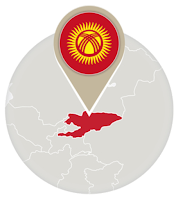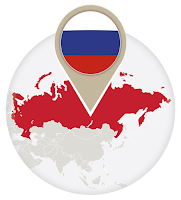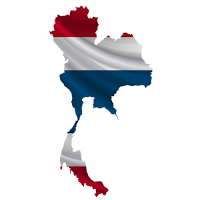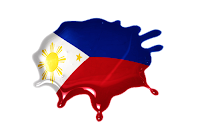Policy

Russia’s Duma passed legislation on Friday, effective in 2019, that will require internet service providers to store copies of all phone calls and text messages for 6 months and all telecommunications metadata for 3 years, to be made available to law enforcement upon request. Not stopping there, the legislation also asks messaging app providers (like SumRando) to create government backdoors into otherwise secure communications.

Zimbabwe’s Criminal Law Act and Postal and Telecommunication Act have thus far proved insufficient in countering and prosecuting cybercrime, reports the Zimbabwe Women Lawyers Association (ZWLA). In response, the government is working to develop an ICT policy that intends to provide the specific laws, definitions and provisions necessary for enhanced cybersecurity.
Privacy

As the 2016 Summer Olympics approach, Brazil has placed an increased emphasis on cybersecurity—efforts include a government-led task force as well as the presence of intelligence officials from 55 countries—but civil liberties advocates argue that established surveillance practices will continue to unfairly curb legitimate free speech. Currently, the military has the ability to block cellular signals and the armed forces are working to enable information-capturing surveillance tools.
Research and Initiatives

Indonesia lacks the budget to bring a proposed National Cyber Agency to fruition. Instead, the National Resilience Institute and the Communication and Information Ministry will rework their functions to more directly address cybersecurity.
Kyrgyzstan recently hosted Central Asia’s first Internet Government Forum, an opportunity for state authorities, telecommunication experts, internet service providers, researchers and NGOs to discuss cybersecurity and internet access. Stated the OSCE Centre’s Daniele Rumolo, “Governments must ensure that all stakeholders, including civil society, business actors, and internet-users, are consulted and continuously involved in [regulating the internet].”
Cyberattacks
Compliance, forensics and cyber expert Patrick Matu recently noted that cyber incidences in emerging economies routinely go unreported, creating the misconception that regions such as East Africa do not suffer from cyberattacks, when in fact, Kenya’s annual loss to cybercrime is an estimated $23 million USD. Despite having a National Computer Incident Response Team Coordination Centre and a national cybersecurity strategy, Kenya's public and private sector organizations still need to better understand policy implications.
All images credit of BOLDG/Shutterstock.com.
Want more emerging economy cyber alerts? Read on!- Digital Divide: Emerging Economy Cyber Alerts - June 23, 2016
- The Week in Emerging Economy Cyber Alerts ~ June 15, 2016
- The Week in Emerging Economy Cyber Alerts ~ June 9, 2016
Have valuable insight to share from your part of the world? Write for us!
SumRando Cybersecurity is a Mauritius-based VPN, Web Proxy and Secure Messenger provider. Surf secure and stay Rando!

























